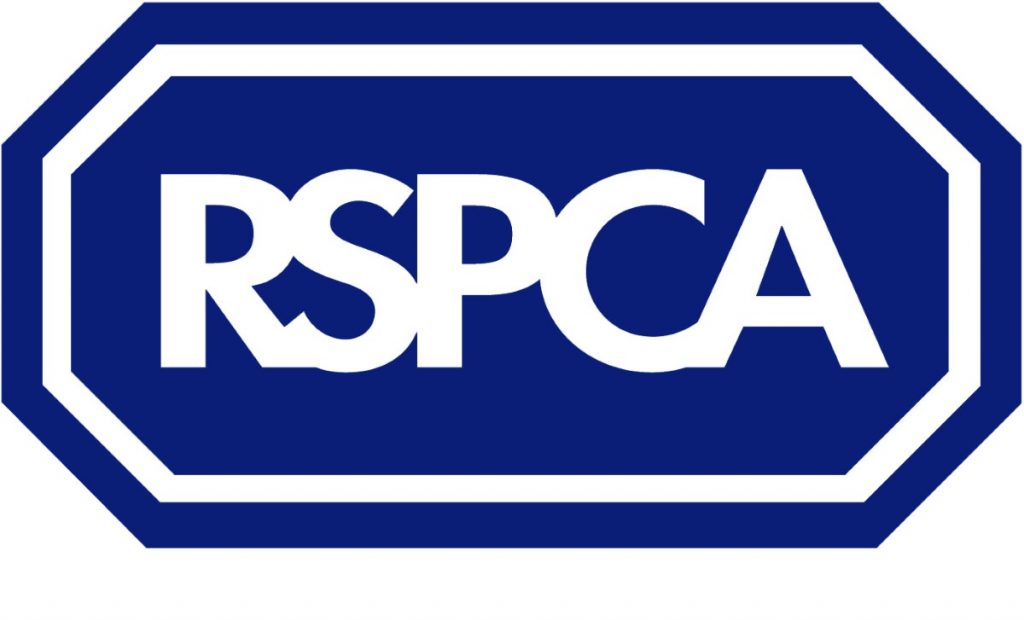Wildlife centre packed to the rafters with tawny owlets
Staff at an RSPCA wildlife centre have plenty of little mouths to feed after an influx of baby tawny owls were admitted into their care.
Over a four week period RSPCA West Hatch Wildlife Centre in Taunton, Somerset, has seen the equivalent of one tawny owlet admission per day and now the centre is packed to the rafters with the young nestlings and fledglings.
The young tawny owls were brought in from across the south-west of England after they were discovered by members of the public in a variety of situations such as orphaned, grounded beside a barn, their nest was disturbed by forestry workers, found beside some power lines and caught by a cat.
While they are at the centre the owls are fed on a diet of chicks and mice and will stay under the watchful eye of staff until they are ready for release back into the wild later in the summer.
Wildlife centre supervisor at RSPCA West Hatch Paul Oaten said: “It is the time of year when we traditionally get more young owls in, but this year we have seen a huge number of young tawny owls.
“We do not know why we have had so many in over such a short space of time. It could be that the high winds we had a short while ago blew some down from the branches, or it might just be a coincidence. Tawny owls are one of the more common owls we have admitted.
“The young are prone to being brought in by well-meaning members of the public because when they are about 25 days old they leave the nest and start to move around in the tree so are liable to fall from branches. However they are sometimes able to climb back up to the nest or the parents will also feed them while they are on the ground.
“With 28 little tawny owl mouths to feed – as well as all our other animals – it is a busy and costly time for our centre.”
No matter how well-meaning, human interference can reduce a young bird’s chances of survival. Handling can cause extreme stress and being fed an inappropriate diet can cause developmental problems so now the RSPCA are asking for people to make sure a bird really needs human help before bringing it in.
Paul added: “Many fledglings discovered by members of the public are mistakenly thought to be injured or abandoned, and subsequently moved from their natural habitat.
“Initially we would advise people to watch them from a distance to see if the parents come back to feed them – normally from dusk through to dawn – or if the owlets make their way back up to the nest themselves.
“If it is injured or in danger then we would ask them to bring them in to us.”
The RSPCA’s West Hatch Animal and Wildlife Centre, near Taunton Somerset, has been caring for wildlife casualties and rescued pets from all over the south-west and southern England for over 50 years. To support their vital work with the tawny owlets and other animals at the centre please visit http://choices.rspca.org.uk/Appeal/west-hatch
For more information about whether or not a young bird may need your help please visit http://www.rspca.org.uk/allaboutanimals/wildlife/orphanedanimals/youngbirds/infographic
RSPCA, Wilberforce Way, Southwater, Horsham, West Sussex RH13 9RS
Press office direct lines: 0300 123 0244/0288 Fax: 0303 123 0099
Duty press officer (evenings and weekends) Tel 07825 158490
Email: press@rspca.org.uk Website: www.rspca.org.uk
Show you care for animals during RSPCA Week this year and do something
amazing for animals. Request our fundraising pack at
www.rspca.org.uk/fundraisingpack





-01.png)